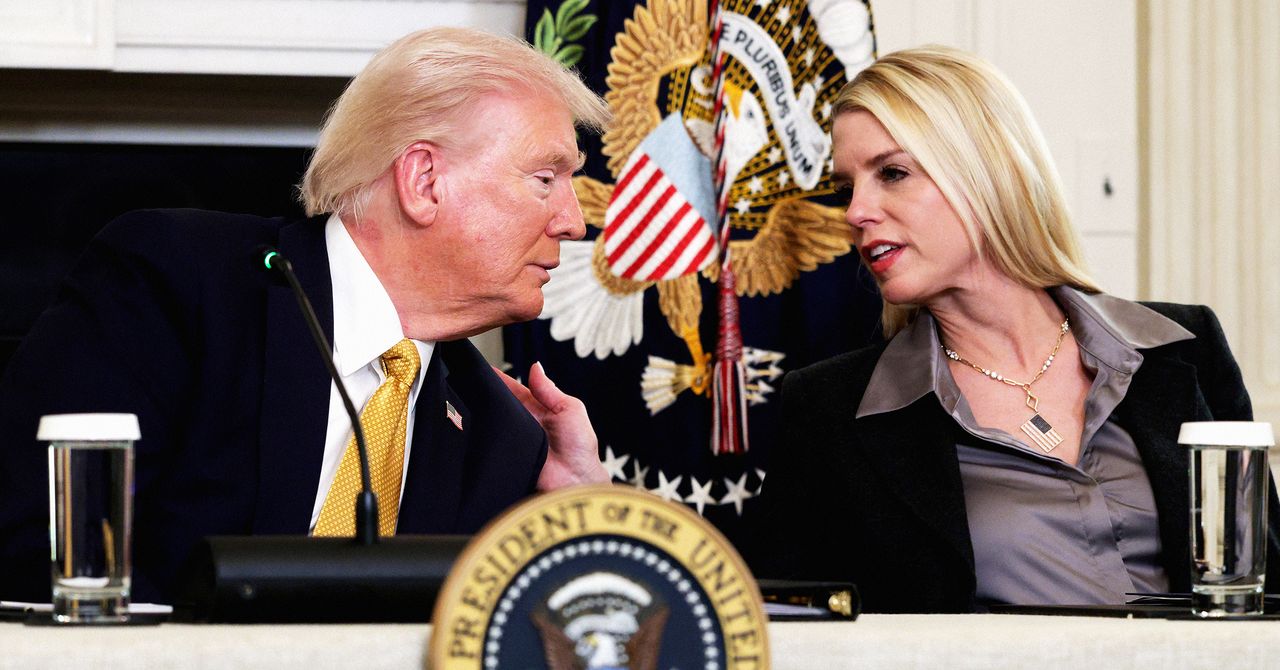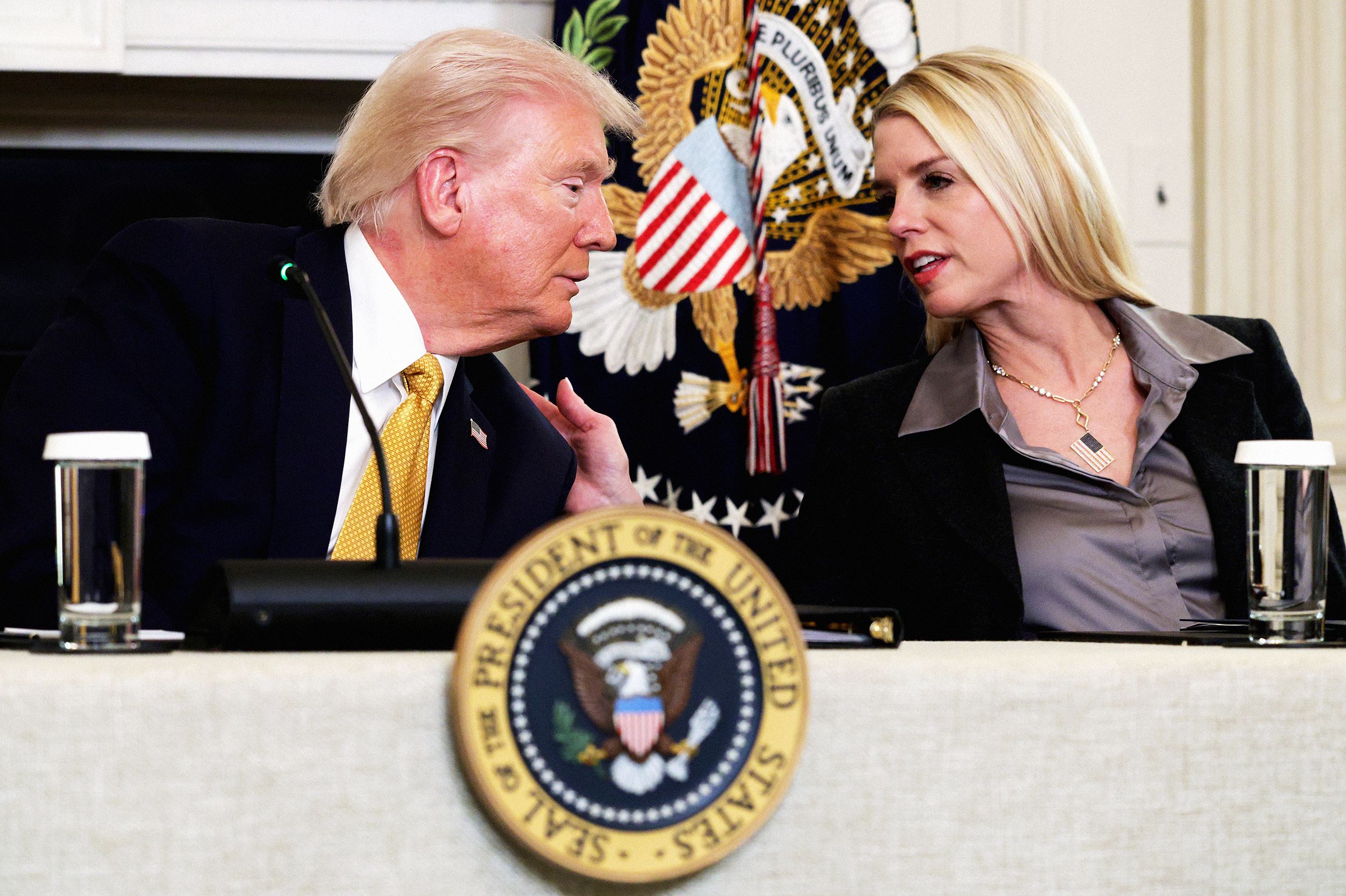Key Points
- Draft executive order proposes an AI Litigation Task Force to sue states over AI regulations.
- Targets state laws that require AI models to alter truthful outputs or compel certain disclosures.
- Cites recent AI safety statutes in California and Colorado as examples of problematic state measures.
- Grants the Commerce Department authority to withhold broadband funding from non‑compliant states.
- Industry groups argue the approach creates a patchwork regulatory environment that hinders innovation.
- Civil‑rights advocates warn the order could infringe on First Amendment protections.
- President Trump has criticized perceived overregulation and DEI influences in AI.
- More than 1,000 AI bills have been introduced in state legislatures, according to the draft.

Draft Order Calls for Federal Challenge to State AI Regulations
A draft executive order, obtained by WIRED, instructs the U.S. Justice Department to establish an “AI Litigation Task Force.” The task force would work with White House technology advisers to identify and sue states whose AI laws allegedly violate federal statutes, including the Constitution’s Commerce Clause and First Amendment.
Specific State Measures Targeted
The order specifically references recent AI safety laws in California and Colorado that require developers to publish transparency reports and impose other reporting obligations. It criticizes provisions that would force AI models to alter truthful outputs or compel developers to disclose information in a manner that could infringe on free‑speech protections.
Potential Funding Consequences
Beyond litigation, the draft gives the Department of Commerce authority to withhold funding from states that fail to comply. The order links this authority to the Broadband Equity Access and Deployment (BEAD) Program, a broadband‑expansion initiative valued at more than $42 billion. States deemed non‑compliant could be barred from receiving BEAD funds.
Industry and Advocacy Reactions
Big‑tech trade groups, including the Chamber of Progress—a coalition backed by Andreessen Horowitz, Google, and OpenAI—have lobbied against the state‑level approach, calling it a “patchwork” that hampers innovation. A super PAC funded by Andreessen Horowitz, OpenAI co‑founder Greg Brockman, and Palantir co‑founder Joe Lonsdale announced a campaign against a New York AI safety bill.
Civil‑rights organizations, such as the American Civil Liberties Union, argue that the order undermines trust in AI by threatening free‑speech protections. ACLU senior policy counsel warned that the president cannot unilaterally attach conditions to federal funds when constitutional rights are at stake.
Political Context
President Donald Trump has publicly criticized what he calls “overregulation” of AI and warned against “DEI ideology” being embedded in AI models. The draft order reflects those concerns, stating that “American AI companies must be free to innovate without cumbersome regulation.” It also notes that more than 1,000 AI bills have been introduced in state legislatures, which the order frames as a threat to an innovative culture.
Next Steps
The draft, titled “Eliminating State Law Obstruction of National AI Policy,” could be signed as early as the coming week, according to sources. A White House spokesperson described discussions about potential executive orders as “speculation.” If signed, the order would empower the Justice Department and Commerce Department to pursue legal and financial actions against non‑compliant states while the White House’s senior AI advisers draft broader federal legislation.
Source: wired.com
